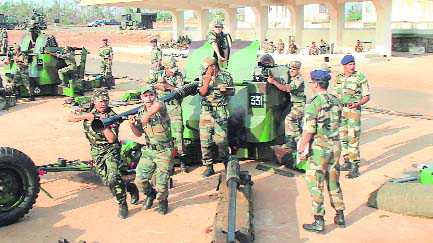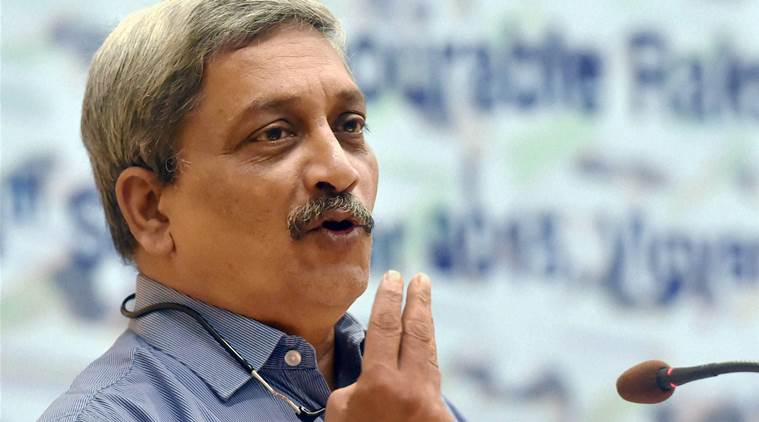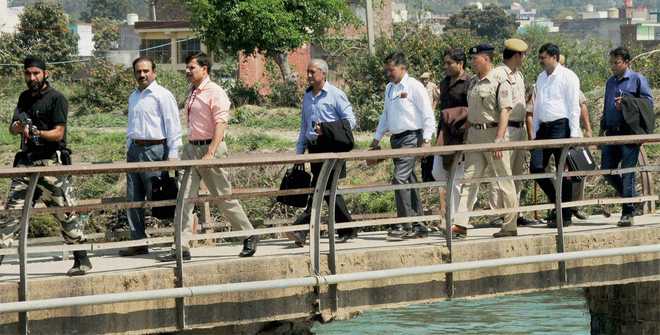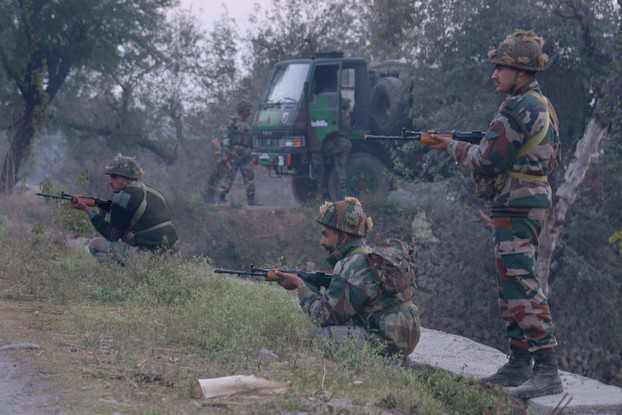I WAS a Lieutenant posted in a unit commanded by Major Gill. Upon receiving communication that the Sector Commander, Brigadier Gill, along with his wife and a grownup daughter, would be transiting through our unit, I was called by Major Gill; an earthy Jat who eyed those who conversed in English with disdain. He spoke in Punjabi only. Even with South Indian troops. His culinary knowledge went no further than makki di roti and sarson da saag. Both of us were bachelors.“Kaka jo mein kai reyaan palle ban lae (Listen carefully, son).” He gave me the itinerary of the Commander in chaste Punjabi. He told me that the Brigadier would arrive in the evening, stay the night in our guestroom and leave for the Sector HQ early the following next day. We were to host the Commander and his family for dinner. Our ‘special’ cook was on leave. Major Gill left the arrangements to my devices. With a look of contempt he said in Punjabi that he had heard the Gills were anglicised in their ways. He kept muttering under his breath before he dug into the file before him. I saluted and left his office wondering how two Gills could be so much unalike.Army men are supposedly ‘Jacks of all trades’ and can make a meal out of anything. When in search of food in an adverse situation, beyond raiding the enemy or living off the land, the Army never thought it necessary to include cooking in the training manuals. A ‘propah’ dinner had to be laid out. While taking stock of the CSD, I came across a box containing a pressure cooker. The box had been partly eaten by rats and a recipe book was peeping out. Here was the solution. The recipe book was called for and a menu was chalked out. Cooking is not rocket science, I realised. The instructions were carefully followed by langar (jawans kitchen) cooks under my supervision. The meal began to take shape. There was no recipe for a pudding and no formal meal is complete without one. Improvisation was resorted to, at which the Army is adept. In mountains, we were entitled to dry fruit as ration. There were more nuts and raisin than custard in the dish that was put together.The Gills were received with the customary military fanfare. Brigadier and Mrs Gill made a handsome couple. Their daughter was a charming young lady and an absolute darling to look at. The dinner went off well. It was the pudding which stole the show. The young lady asked what it was called. Major Gill’s heart sank. He looked at me. Without batting an eyelid I said, ‘Darling pudding’.A week later, the unit received a telephonic message from the Sector HQ. Attach your Officers Mess ‘special’ cook with the Sector HQ for 14 days for the training of Sector HQ mess cooks. Major Gill called me and said “hor lai pange”.
Pakistan’s Joint Investigation Team returning after visiting the Pathankot IAF base on Tuesday. PTI





















































































































